Armenia’s government is selling optimism again. In recent weeks, Prime Minister Nikol Pashinyan’s administration has pushed a narrative of normalization: peace with Azerbaijan, open borders with Türkiye, and cooperation with Washington under the newly branded “Trump Route” project.
It sounds like a roadmap to stability. But scratch the surface, and the picture looks far less tidy: a balancing act that risks leaving Armenia overextended, under-secured, and increasingly detached from its traditional anchors.
Peace on paper, uncertainty in practice
According to Foreign Ministry spokeswoman Ani Badalyan, the Armenia-Azerbaijan peace treaty, already initialed in Washington, “does not concern” the presence of Russian border guards in Armenia. That, she insists, remains regulated by bilateral agreements with Moscow. The reassurance was clearly aimed at calming domestic unease, fears that Armenia might be drifting too far from its historic security partner.
But it also reveals something telling: the peace process, as structured by Pashinyan and his Western interlocutors, deliberately avoids the question of long-term security guarantees.
What happens if a new border incident flares up before those guarantees are in place? What if the “Trump Route,” connecting Azerbaijan to Nakhchivan through Armenian territory, becomes more about transit than sovereignty? These are the questions quietly haunting Yerevan’s political class, and, increasingly, its public.
Ankara in the frame
Badalyan was explicit in her interview with PassBlue: Armenia’s normalization with Turkey is now directly tied to the peace process with Azerbaijan.
“Our expectation,” she said, “is that initialing the peace treaty will promote the normalization of relations with Turkey, which means opening the border.”
In diplomatic language, it’s an elegant line, but politically, it’s explosive. Many in Armenia see this linkage as a concession, a willingness to move faster toward Ankara’s terms without concrete progress on unresolved issues like prisoners of war, border demarcation, or Karabakh refugees.
Even as officials in Yerevan talk of “joint projects,” such as the renovation of a border bridge, critics warn that these gestures risk normalizing a situation where Armenia adapts to regional realities rather than shaping them.
First Lady reads Erdogan
Adding to the symbolism, Anna Hakobyan, the prime minister’s wife, recently shared her thoughts on Turkish President Recep Tayyip Erdoğan’s book “A Fairer World Is Possible.”
She praised the work for its focus on UN reform and global inequality, and encouraged Armenians “interested in international affairs” to read it. It was a polite, even intellectual, gesture, but one that drew attention for its timing: while the government speaks of reconciliation, the First Lady reads the rhetoric of the other side.
For Pashinyan’s opponents, it reinforces a perception that his administration is far more comfortable appealing to Western audiences, and even to Ankara, than to domestic critics or allies in Moscow.
Between Washington and reality
In early August, Armenia joined President Donald Trump and Azerbaijani President Ilham Aliyev in signing a declaration to pursue “international peace and prosperity.” Washington calls it visionary. For many Armenians, it feels like a rebranding of their geography, a small country suddenly asked to become a corridor, a link, a “route.”
There’s nothing inherently wrong with that, if the gains are tangible. But the government’s messaging often skips over the domestic costs: shrinking leverage, eroding trust, and a growing sense that national security is now outsourced to diplomacy.
Pashinyan’s rhetoric of “democracy, reform, and peace” still resonates in Western capitals. At home, it sounds increasingly abstract, especially for citizens watching soldiers and prisoners still unaccounted for, or farmers whose lands sit on undefined borders.
A fragile balance
Armenia’s new diplomacy, open to Washington, cautious with Moscow, friendly toward Ankara, might look pragmatic on paper, but pragmatism without clear boundaries can become drift.
Peace is a noble goal. Yet peace that sidesteps sovereignty, history, and security risks turning into dependence dressed as diplomacy.
For now, Pashinyan’s government keeps walking the tightrope, steady in its words, shaky beneath the weight of its own contradictions.
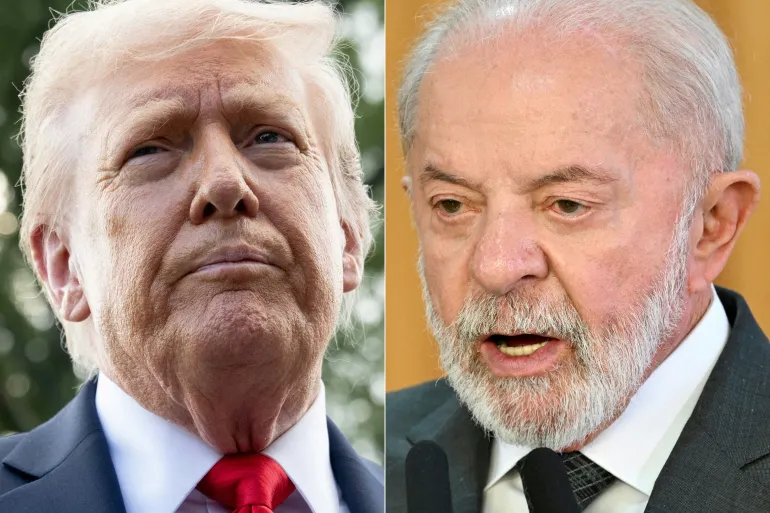

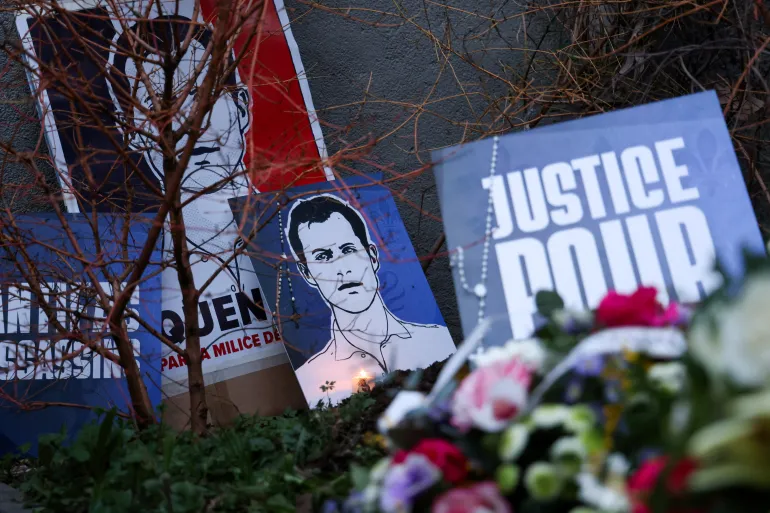
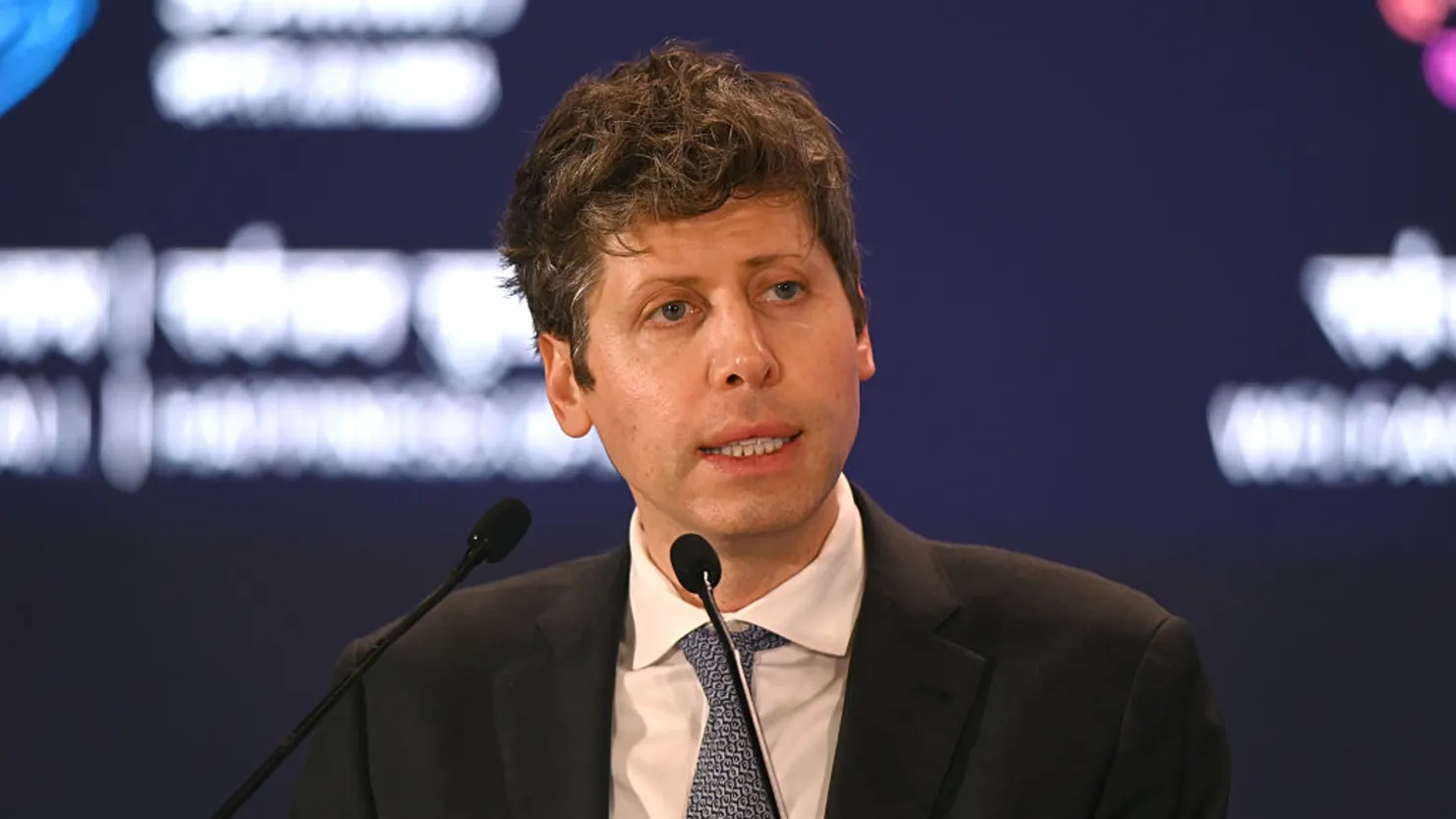
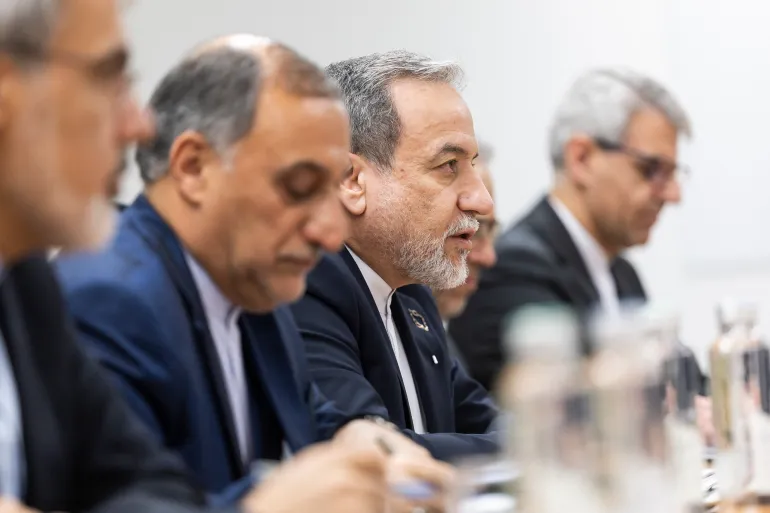
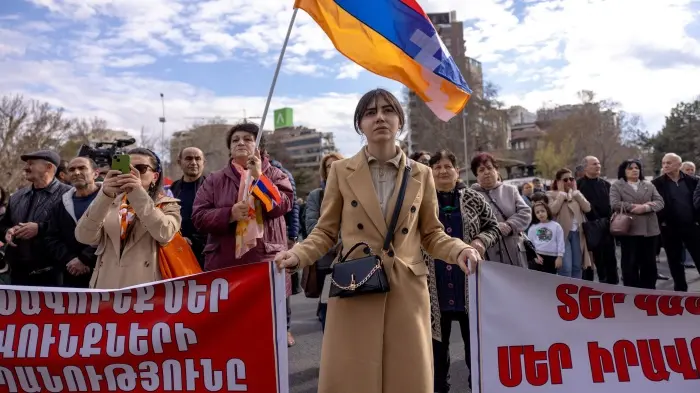




The latest news in your social feeds
Subscribe to our social media platforms to stay tuned